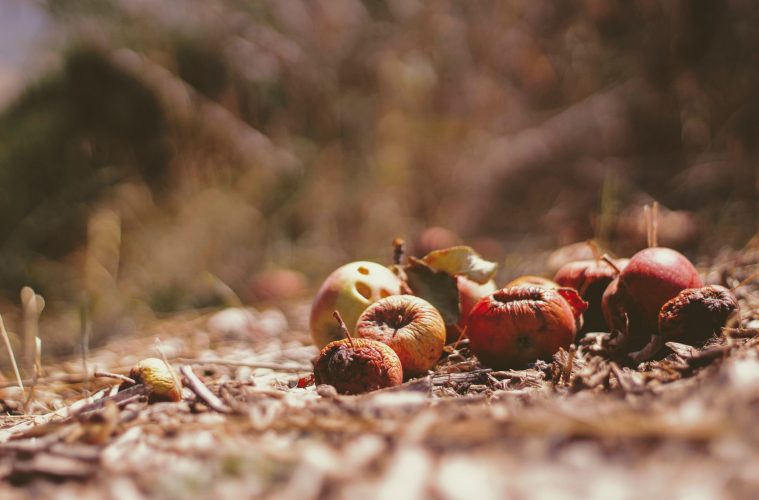Gardening enthusiasts know that a lush garden often generates its fair share of waste, from fallen leaves to pruned branches and spent flowers. Rather than discarding this valuable resource, eco-conscious homeowners are finding innovative ways to repurpose garden waste. Not only does this practice reduce environmental impact, but it also adds a touch of sustainability and creativity to your home and garden.
Explore 5 ways to use garden waste that can benefit both your garden and home:
Composting for rich soil
One of the most common and effective methods of utilising garden waste is composting. Collect fallen leaves, grass clippings, small branches, and even kitchen scraps, and place them in a compost bin or pile. Over time, these materials break down into nutrient-rich compost that can be added to your garden soil. Compost improves soil structure, retains moisture, and provides essential nutrients to your plants, resulting in healthier and more bountiful crops.
Mulch for weed suppression
Pulverised garden waste can make an excellent mulch. Shredded leaves, small branches, and plant clippings can be spread around your garden beds to serve as a protective mulch layer. Mulch helps retain soil moisture, suppress weeds, and regulate soil temperature. Additionally, as the mulch decomposes, it adds organic matter to the soil, enriching it over time.
Creative DIY garden decor
Garden waste doesn’t have to be limited to the garden itself. Get creative by turning branches, twigs, and pruned wood into rustic garden decor. Craft unique garden markers, trellises, or even decorative fencing from recycled materials. These DIY projects can add a personal touch to your garden and help reduce waste at the same time.
Natural pest control
Certain garden waste materials can serve as natural pest deterrents. For instance, crushed eggshells create a barrier that deters slugs and snails, while aromatic herbs like mint and lavender can fend off unwanted insects when planted strategically around your garden. By repurposing garden waste in this manner, you can reduce the need for chemical pesticides.
Wildlife habitats
Turn your garden waste into a haven for local wildlife. Pile up fallen branches and leaves in a designated area to create a wildlife habitat. These makeshift habitats can provide shelter and nesting sites for beneficial insects, birds, and small mammals, enhancing the biodiversity of your garden and promoting a balanced ecosystem.
Garden waste doesn’t have to be a burden; it can be a valuable resource for your garden and home. By composting, mulching, crafting, deterring pests, and creating wildlife habitats, you can transform what might have been discarded into something beneficial and sustainable. Embracing these creative approaches not only enhances your garden’s beauty but also contributes to a greener and more eco-friendly home.
Feature image: Unsplash

